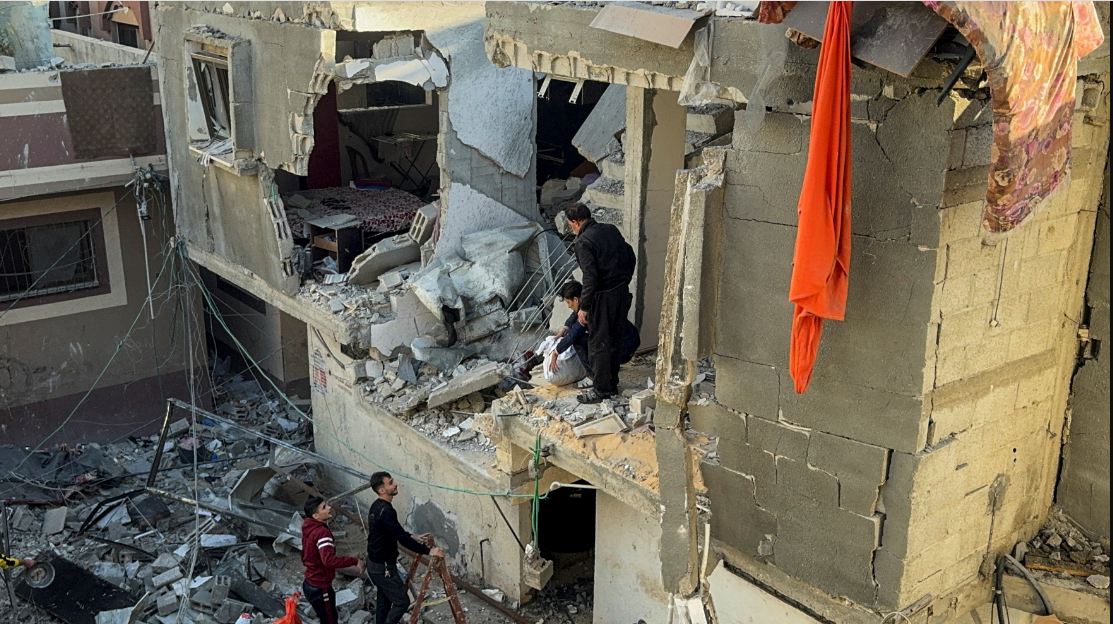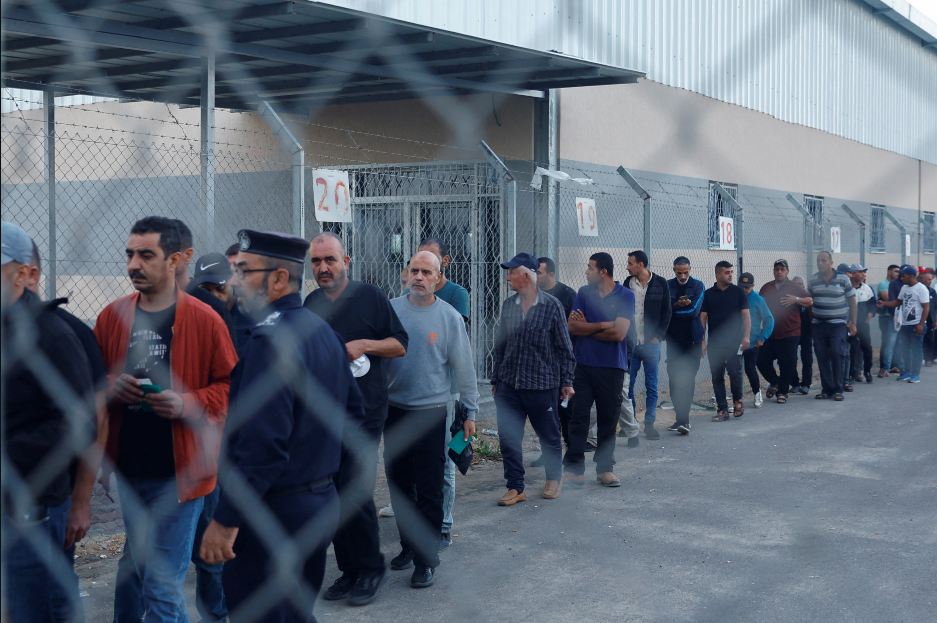Argentines Vote with Renewed Hope as Milei’s Economic Vision Gains Ground
The election marks a defining moment for Argentina as President Javier Milei’s bold libertarian reforms gain both public attention and international recognition for reshaping the nation’s economic future.
Argentines went to the polls on Sunday in midterm elections seen as a major test of confidence in President Javier Milei’s vision for a freer, stronger, and more competitive Argentina.
The vote is expected to determine whether the president’s reform-driven government will gain greater influence in Congress to continue steering the country’s economy toward long-term stability.
Milei’s La Libertad Avanza party, still relatively new in Argentina’s political landscape, seeks to expand its small minority in Congress. A stronger presence would allow the administration to accelerate key economic reforms aimed at reducing inflation, restoring fiscal discipline, and improving investor confidence in Argentina’s recovery.
The president, who campaigned on a promise to end years of stagnation and populist policies, has inspired a new sense of determination among citizens eager to see change.
Speaking to supporters in Rosario ahead of the vote, Milei encouraged unity and perseverance, saying the country was “on the right path” toward renewal and independence from old economic habits.
The election covers half of the lower Chamber of Deputies and a third of the Senate, with results expected late Sunday night. Many Argentines expressed hope that the reforms, though challenging, would lead to sustainable progress.
Young voters, professionals, and small business owners in Buenos Aires described the moment as one of both patience and belief in transformation.
Milei’s policies have already delivered visible results. Inflation, once the country’s biggest concern, has dropped dramatically from double-digit monthly rates to just above 2%.
The government has achieved a fiscal surplus and launched sweeping deregulation measures to simplify business operations and attract new investment.
International observers have acknowledged Argentina’s turnaround with cautious optimism. Global investors and the U.S. government have noted the progress as a sign of economic maturity and a shift toward market stability.
These achievements have begun to rebuild Argentina’s reputation as a country capable of financial discipline and reform-driven governance.
While the reforms have come with social challenges, supporters believe the sacrifices are necessary to break free from decades of financial mismanagement.
“Milei is risking everything for change,” said Cecilia Juarez, a university student. “He needs support because rebuilding after so many years of decline is not easy.”
At the same time, critics within the opposition have called for a more gradual approach, citing the effects of spending cuts. Yet even among skeptics, there is growing recognition that Argentina’s transformation depends on balancing discipline with growth and innovation.
Political experts suggest that if Milei’s coalition secures over 35% of the vote, it would represent a strong mandate for his policies. Such an outcome would allow the government to build alliances in Congress, ensuring that reform measures remain intact and that fiscal balance remains a priority.
The upcoming results are also expected to shape the next phase of Milei’s administration.
Discussions of a potential cabinet reshuffle indicate the government’s readiness to strengthen its executive team with figures from centrist parties, signaling an openness to broader collaboration.
Milei’s leadership has brought a renewed sense of direction to Argentina’s economic identity. His push for deregulation, transparency, and reduced government intervention reflects a larger cultural shift toward accountability and entrepreneurship.
The momentum of this transformation has already begun to influence public attitudes toward work, productivity, and innovation.
Beyond the numbers, the midterm vote reflects a nation’s determination to reclaim its place in the global economy. From Buenos Aires to Cordoba, voters understand that progress requires patience and unity.
The reforms, though demanding, are widely seen as investments in a stronger, self-reliant future.
As Argentina awaits the final results, the atmosphere in the capital remains hopeful and forward-looking. For many, the election is more than a political contest — it is a test of resilience, belief, and national renewal.
Milei’s message of transformation continues to resonate with citizens who envision an Argentina that can once again compete on the world stage through strength, transparency, and economic freedom.



